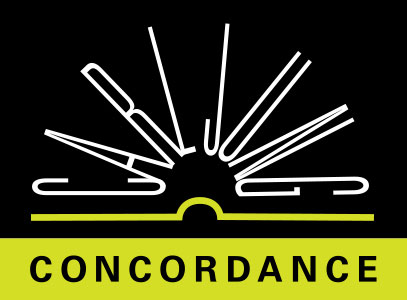In talking about the symbolism of the widow in CW14: par. 18 , Jung says that Malchuth, the tenth figure of the Sefirotic Tree, was called a widow. Now what is the Sefirotic Tree?:
THE SEFIROTIC TREE
According to Kabbalistic symbolism, the Sefirotic tree is an image of the tenfold emanation of the Godhead (fig. 002.3) . It is an image of God unfolded into ten aspects, so to speak; it was thought of as an upside-down tree with its roots in heaven and its branches down on earth
ML p.39ML Pg 39 (a) FigNo002.3
The Sefirotic Tree
Diagram by Edward F. Edinger
THE CENTRAL PILLAR OF THE TREE
Without going into all ten of those aspects of the Godhead, let's just talk about four, the so-called central pillar, numbers 1, 6, 9 and 10
ML p.40Number 1 at the top is called Kether or Crownthat is up in heaven
ML p.40Number 6, Tifereth, is an image of the king
ML p.40Number 9, Yesod, is an image of his phallus
ML p.40Number 10, Malchuth, is an image of the widow or the moon, the lowest manifestation of the Deity, of a feminine nature and right next to earth
ML p.40We have here not only an image of an upside-down tree but also an image of a person: a masculine person in the upper three entities, and a feminine person in the lowest entity
ML p.40GODHEAD IN A STATE OF DIVISION
FEMININE NATURE IN A STATE OF WIDOWHOOD
According to Kabbalistic mythology, Tifereth, the upper masculine person, and Malchuth, the lowest feminine person, have been separated and therefore Malchuth is a widow. That is why the world is in such an unsatisfactory state. The Godhead is in a state of divisionit is not at one with itselfits feminine nature is in a state of widowhood. The idea was that when the Messiah comes, Tifereth and Malchuth will be reunited, and that meeting will restore God to his original unity. So here is a coniunctio symbol, and Jung connects it with the alchemical image of the widow, the prima materia. The connections continue
ML p.40In Chk14: par. 19 , we learn that Malchuth is also called the moon; so the moon comes into the widow symbolism of alchemy
ML p.40